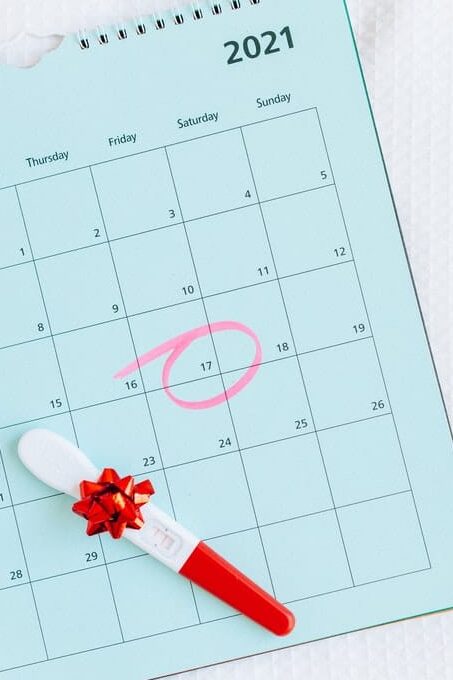RECOMMENDED VIDEO COURSE:
PRESENTATION SKILLS: GIVE MORE POWERFUL, MEMORABLE TALKS
4.6![]()
3,700+ ratings
$199.99
Available on Udemy
How to Practice a Speech: Key Strategies
Practice and rehearsal is essential for giving a great presentation. But occasionally clients or students ask me exactly how much they should practice.
Of course the correct answer varies for each person.
But the short answer is that you should rehearse until you know the entire presentation by heart, and you feel genuinely comfortable and confident with it.

If you want to really excel in your presentation, then further practice rounds, especially in conditions that simulate the real event as closely as possible, will be required.
A good rule of thumb is that if the presentation starts to feel predictable or even a little boring, that is a sign that you have practiced sufficiently.
You should never look at your notes or slides and say “Oh yeah, forgot about that!”
To get a better sense for how to practice a speech, let’s take a look at a few real-world examples.
Theater and Broadway
Professional theater actors will rehearse for 30 to 90 hours before opening night, depending on the complexity of the performance, the number of actors, and other factors.

Broadway performers can expect hundreds of hours of rehearsal before opening night (6 days a week, 8 hours per day, for 5-7 weeks): possibly 200-300+ total hours of rehearsal.
So theater performances typically demand anywhere from 50 to 300 total hours of rehearsal. The show itself usually lasts 1.5 to 2 hours.
That is 25 to 200 hours of rehearsal for every hour of performance.
TED Talks – Lessons on Preparing for a Speech
TED is probably the most prestigious and well-known public speaking forum in the world. TED speakers are advised to rehearse relentlessly.
Looking at their examples will give us a great sense of how to practice a speech.
There are stories of TED speakers running through their big speech literally dozens of times.
Dr Jill Bolte Taylor practiced her TED talk a whopping 200 times. For a talk that is about 20 minutes, that equates to at least 67 hours of rehearsal.
The result? Her talk has over 23 million views and is one of the top 10 most popular TED talks of all time.
Susan Cain, also one of the most popular TED speakers ever, says that she rehearsed her talk all day, every day, for six straight days before the event.
(She doesn’t say exactly how many hours per day, but at 8 hours per day that might be 48 total hours of rehearsal.)
Susan Cain’s talk has 21 million views.
Presidential Debates
Presidential candidates typically do at least one full mock debate.
Candidates will get members of their team who are well-spoken (including prominent figures from their own party) to play the role of their opponent during debate prep.
Barack Obama spent three days in “debate camp” during the 2012 elections.
In 2016, Hillary Clinton spent four days prepping before the first debate with Donald Trump.
Her prep included psychological research on the man, and advisors hitting her with insults and attacks typical of what Trump had done during the primary debates.
Trump, meanwhile, dedicated much less time to debate prep and decided to focus on big picture ideas related to his campaign.
Trump’s fly-by-the-seat-of-his-pants method worked on one level (he won the Presidency) but keep in mind he lost the popular vote by 3 million votes.
The First Televised Presidential Debate was Between John F Kennedy and Richard Nixon in 1960
Kennedy appeared polished, relaxed and calm. He moved with confidence and ease, and paid more attention to his appearance than Nixon before getting in front of the cameras.
Nixon came across as tired, disheveled and nervous.
Practice played a key role for Kennedy. From History.com (with my emphasis):
The vice president [Nixon] had recently suffered a bout of the flu and was still running a low fever; he had nonetheless spent a grueling day on the campaign trail and looked drained. Kennedy, meanwhile, had been holed up in a hotel with his aides for an entire weekend, fielding practice questions and resting up for the first of four “Great Debates.”
In subsequent polling, Americans who watched the debate on TV rated Kennedy as the winner, but those that listened on the radio gave the win to Nixon.
Kennedy, of course, won the presidency.
How to Practice a Speech: More Than You Think
Multiple hours of practice is not unreasonable for an important 20 minute presentation, on a topic that you have not spoken about before.
Put practice time on your calendar or planner so you will stick to it.

For a longer presentation, or a presentation that is especially important for your career, several dozen hours of practice is reasonable for new/ inexperienced speakers.
Examples of a presentation this important might be:
- Presenting to the most senior leaders of your company for the first time at a major annual meeting
- Speaking on national television for the first time
- Speaking to a very large audience (300+) of professionals in your field
- Giving a keynote at a major industry conference
At a bare minimum, you need to practice to the point where you feel completely confident and knowledgeable of your presentation content.
Practice and Rehearsal is Very Personal
When thinking about how to practice a speech, remember that preparing for a speech takes time and effort. And it varies for every speaker.
Don’t assume you are flawed because you need more practice time than others.
What matters is that you are ready in the moment as you walk up in front of the room and the crowd goes silent to listen.
RECOMMENDED VIDEO COURSE:
PRESENTATION SKILLS: GIVE MORE POWERFUL, MEMORABLE TALKS
4.6![]()
3,700+ ratings
$199.99
Available on Udemy
- You Are Who You Surround Yourself With: 6 Tactics to Build Your Network - December 15, 2021
- Executive Presence: 3 Keys to Communicate Leadership Qualities - December 10, 2021
- How to Think on Your Feet in Meetings and Presentations: 3 Mental Hacks - February 13, 2021
